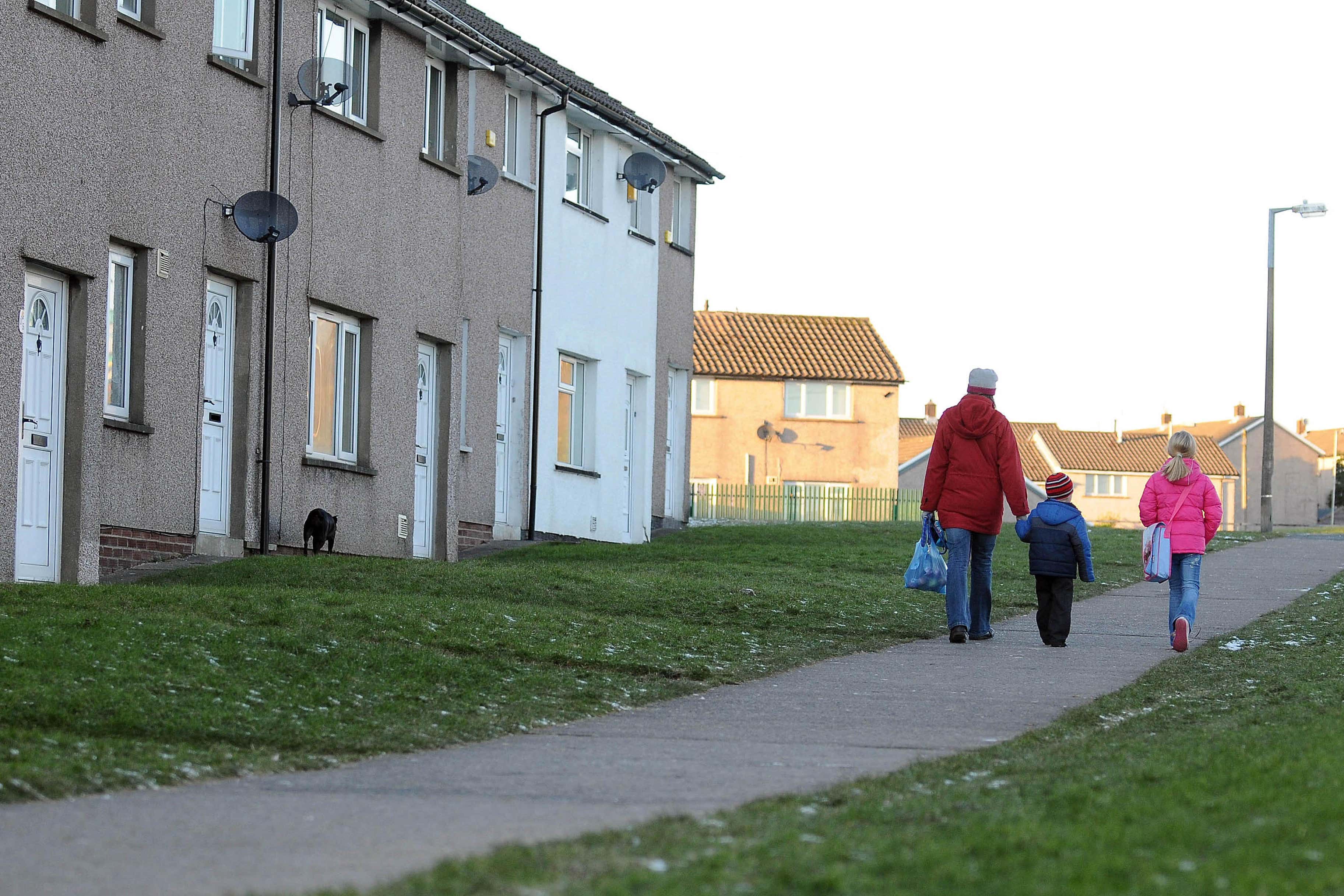Tens of thousands more households caught within benefit cap, latest figures show
Some 110,000 families with children had their benefits capped as of May this year, government data shows
Your support helps us to tell the story
From reproductive rights to climate change to Big Tech, The Independent is on the ground when the story is developing. Whether it's investigating the financials of Elon Musk's pro-Trump PAC or producing our latest documentary, 'The A Word', which shines a light on the American women fighting for reproductive rights, we know how important it is to parse out the facts from the messaging.
At such a critical moment in US history, we need reporters on the ground. Your donation allows us to keep sending journalists to speak to both sides of the story.
The Independent is trusted by Americans across the entire political spectrum. And unlike many other quality news outlets, we choose not to lock Americans out of our reporting and analysis with paywalls. We believe quality journalism should be available to everyone, paid for by those who can afford it.
Your support makes all the difference.Tens of thousands more households – the majority of which include children – have been impacted by the benefit cap, new figures show.
The cap is a separate policy to the two-child limit, but campaigners have called for both to be scrapped to lift children out of poverty.
There were a total of 123,000 households across England, Scotland and Wales who had their benefits capped as of May, figures published on Tuesday showed.
This was up by 61 per cent – 46,000 more households – since the previous quarter.
The Department of Work and Pensions (DWP) said this coincided with the annual benefit uprating and the local housing allowance uprating which happened in April. But the Child Poverty Action Group (CPAG) has warned that, despite benefits being raised in line with inflation earlier this year, many families “will not see a penny more”.
The group said the benefit uprating “will actually result in some families being newly subject to the cap, meaning they will not see the full uplift in benefits”.
The latest figures show that the vast majority – 110,000 or 87 per cent – of households which had their benefits capped included children.

Some 98,000 or 92 per cent had between one and four children, while 8,900 or 8 per cent had five or more children.
The benefit cap, introduced in 2013 under the then-Conservative and Liberal Democrat coalition government as a way of “restoring fairness to the welfare state”, sees the amount of benefits a household receives reduced to ensure claimants do not receive more than the cap limit.
The current benefit cap levels were last increased in April 2023 and stand at £25,323 for couples or households with children in Greater London and £22,020 per year for the rest of Great Britain.
The two-child limit was first announced in 2015 by the Conservatives and came into effect in 2017, and restricts child tax credit and universal credit to the first two children in most households.
The Labour government has been under pressure since it came to power in July to remove the two-child policy, with some of its own MPs suspended after backing another party’s motion to do so.
The government has cited spending controls as a reason for not being able to immediately ditch the policy, indicating there would be no change to the policy without economic growth.
Action for Children said their analysis of the latest statistics suggested the number of children affected by the benefit cap has risen to an estimated 300,000 in May compared with around 200,000 in February.
Martha Hampson, head of policy at the charity, said: “The number of children affected by the policy has risen by a staggering 50 per cent in one quarter, which is due largely to the previous government’s decision not to uprate the benefit cap at the same time it increased benefits in line with inflation.
“We must see this government commit to putting an end to both the benefit cap and the two-child limit in its forthcoming child poverty strategy. Scrapping both is essential if we’re to make any serious progress on reducing child poverty.”
CPAG chief executive Alison Garnham said: “The cruel benefit cap forces far too many children and families to live in deep poverty, compromising their health, wellbeing and futures.
“Most affected families are capped because of factors outside their control such as not being able to work more hours so they can look after young children or they face very high housing costs. The government’s child poverty taskforce must remove it before it blights more children’s lives.”
Homelessness charity Crisis described the rise as “staggering”, adding: “Behind these figures are struggling parents who will be spending anxious nights worrying about how they will put food on the table or keep a roof over their children’s heads.”
Crisis chief executive, Matt Downie, said: “We cannot build a stable nation if we’re giving with one hand and taking with another.
“By scrapping the benefit cap, the new government can not only prevent homelessness for thousands, but it can mark a turning point in its mission to break down barriers to opportunity. We know the solutions needed to end homelessness for good, but the government must be brave and bold enough to enact them.”
A government spokesperson said: “This is another example of the dire inheritance this Government faces – too many people are trapped on benefits.
“We are taking bold action to support people into work, through reforming job centres and giving local areas the power they need to tackle economic inactivity, which will boost their finances and reduce the likelihood of being impacted by the cap.
“We are committed to supporting low-income families and our ambitious strategy along with a £421 million extension to the Household Support Fund will ensure we can drive down poverty in every part of the country.”
